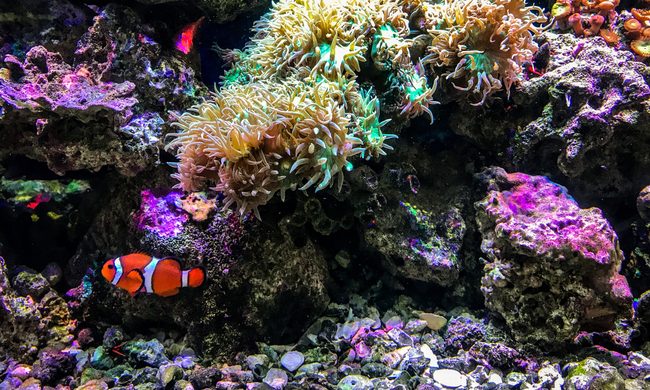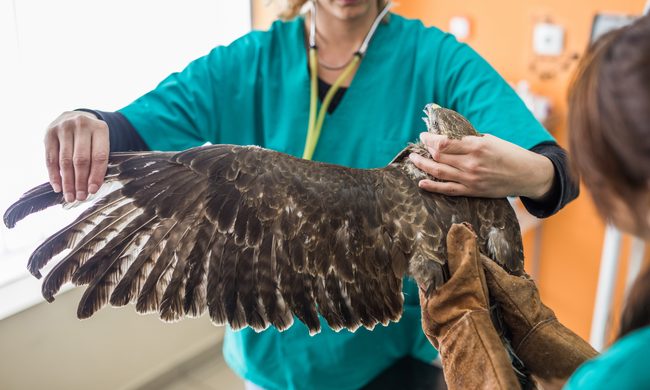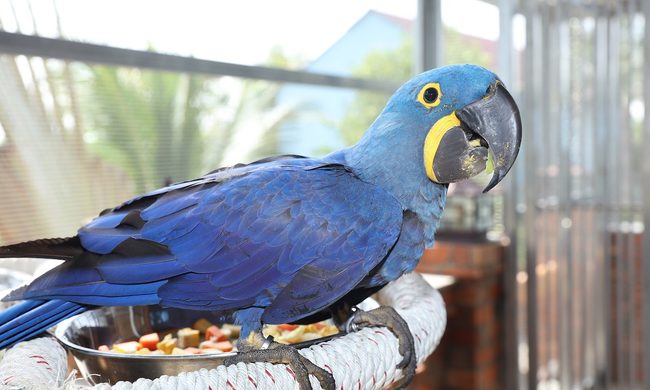Ever opened the door and had your dog or cat make a break for it? Even though they love us, lots of pets try to escape if given the chance. It’s not a very well-thought-out plan though: They have no idea how good they have it in a temperature-controlled, safe, and cozy environment with unlimited access to good food. Yet somehow, they always seem to go for it when the opportunity presents itself.
Nearly all animals realize pretty quickly that they wish to return to their homes the second trouble presents itself. It’s best, therefore, to prevent them from ever getting out in the first place. With that in mind, you might be wondering, why is my hamster trying to escape? Learning the reasons can help you prevent it from happening.
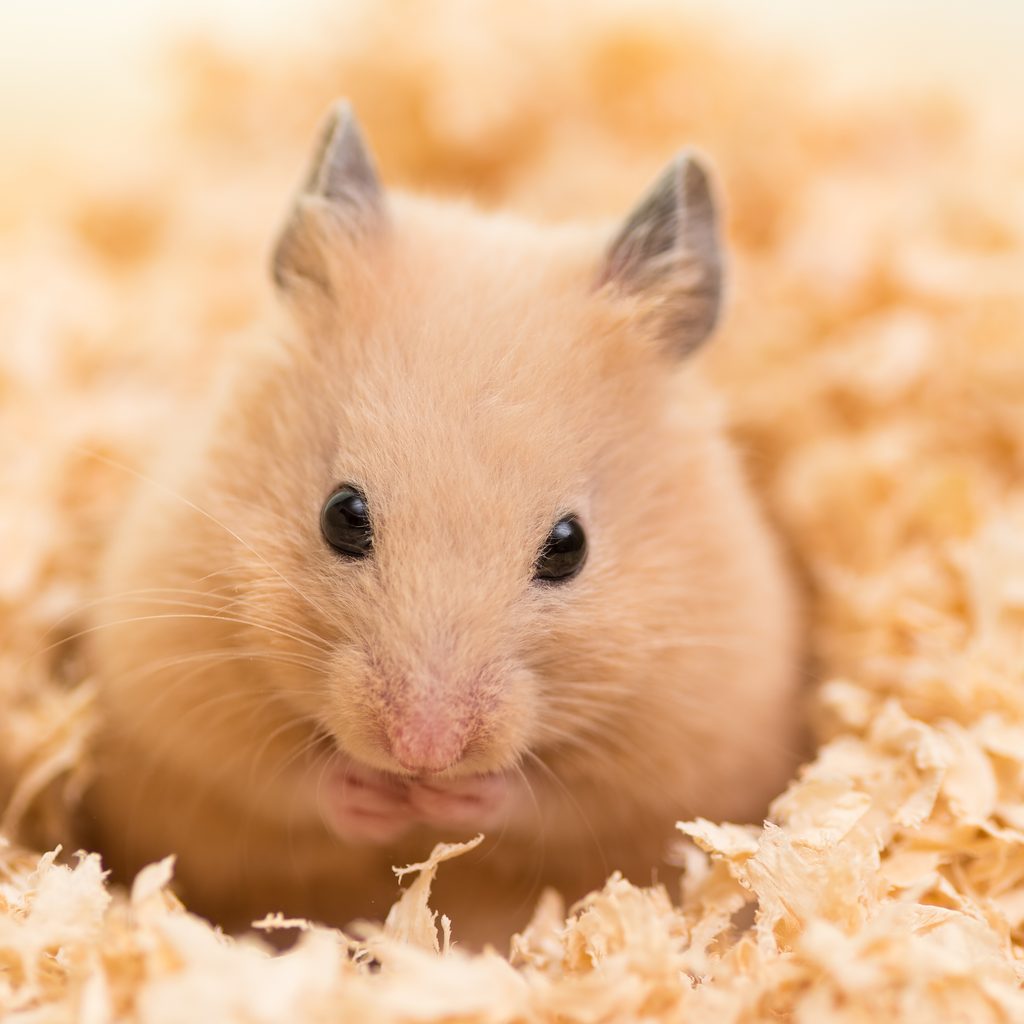
Why does my hamster try to run away?
It might take a minute to discover your pet’s rationale, so you should have a look at each of these reasons to figure out which is the most likely. Remember, it could wind up being a combination of a few factors rather than just one thing. Here are the most common motivators for your small pet to want to escape.
He’s bored
Hamsters are nothing if not active. This little rodent loves to work out, so he needs lots of opportunities to get his daily exercise. That means you should provide him with a hamster wheel as well as tubing, ladders, and any other accessories that will make his space interesting and engaging. In addition to the gymnastics, your pet will want to chew his way through anything and everything. You should give him lots of items that encourage him to chew with those (surprisingly sharp) teeth so he doesn’t go hunting for prey.
His cage is too small
Don’t be fooled into thinking your little guy will happily live in a small space. Hamsters need lots of room, both on the ground floor and on the upper levels. Many owners opt for multiple-level housing or add tubes to give their pets more opportunities to roam. When your hamster keeps trying to get out, it’s often because he’s sick of staying in. Work on broadening his housing no matter what size cage you provide, but ensure it’s at least 2oo square inches on the bottom.
Something frightens him
The world looks very different to a hamster than it does to you and me. When thinking about his space, imagine everything through his eyes. Get down on his level — literally — and check out the area. Note any weird lighting, drafts, or smells if you are able, keeping in mind that his sniffer probably works better than yours does. Other pets, like a dog who sniffs or barks at the cage, will frequently stress out your little guy — that would terrify anyone who weighs less than half a pound. Separate his location from other furry inhabitants of your home so he can feel completely at peace there.
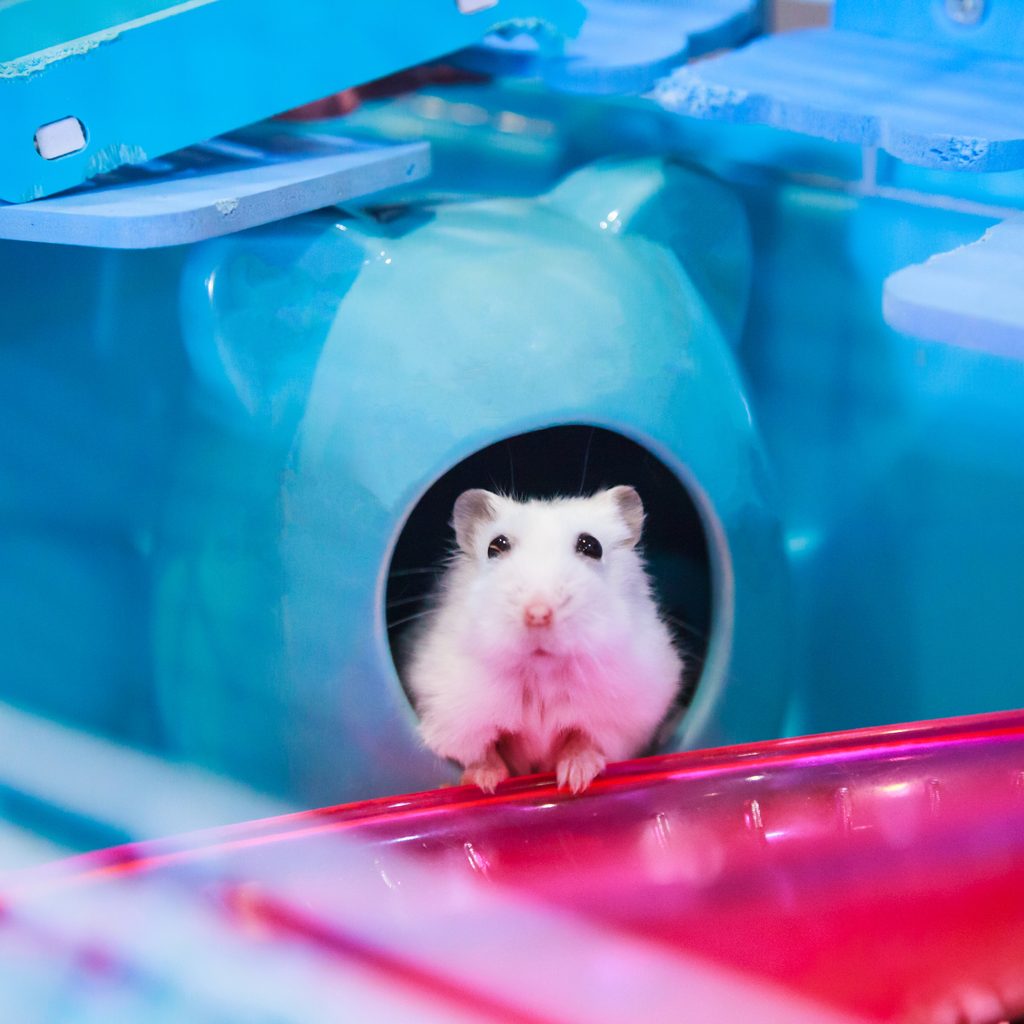
How do I stop my hamster from trying to escape?
Your miniature fuzzball could be rushing out the door for any of these reasons, and although it might indicate some deeper unhappiness, many small pets are just curious. It’s possible there isn’t anything you can do to temper his love of freedom (or the idea of it anyway). If you’ve already addressed the main possibilities, look to anything that may grab his attention outside the cage. Perhaps his motivation is less about leaving his confines and more about finding something exciting over the horizon.
Lastly, make time to play with your pet outside his cage in a pen or other safe environment. Never leave your hamster unattended, even if you don’t think he could make it very far. Because they are burrowers, slipping away is instinctive for these lil’ fellas.
You might not ever truly know the exact reason your pet wants to run, so instead, you should work to keep him as happy and healthy as possible. That includes giving him lots of room, playthings, and enough food and water. If he gets hungry, he might go in search of a meal. Since hamsters are nocturnal, some of these Houdini-like tricks could happen at night, so you’ll want to ensure he’s well-protected at all hours. And don’t take it personally if he keeps at it no matter what you do — it’s just his wandering spirit.


